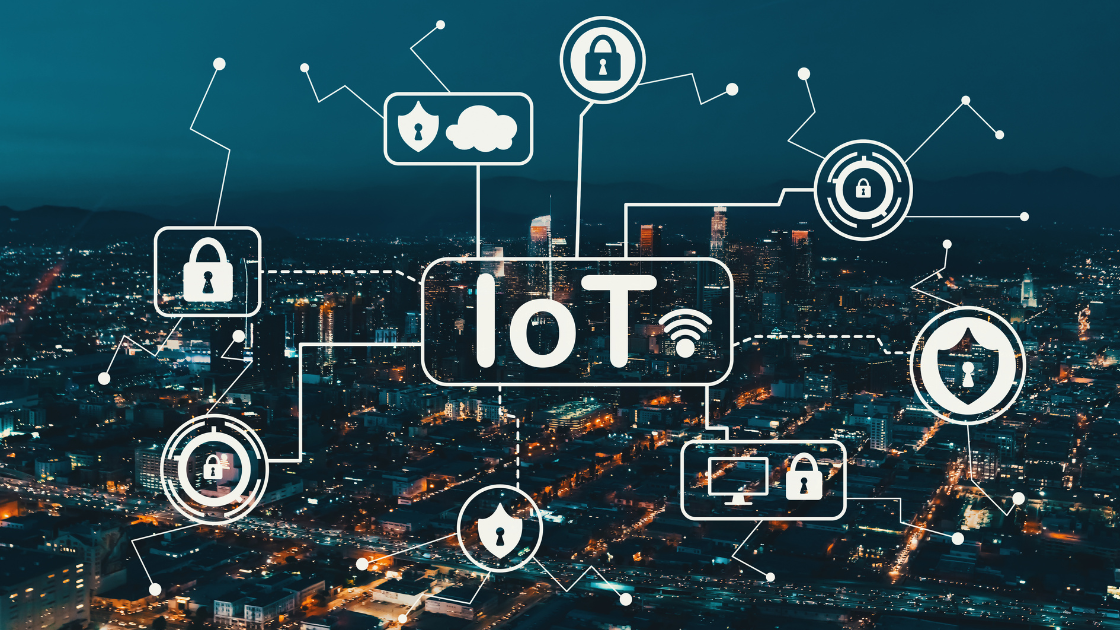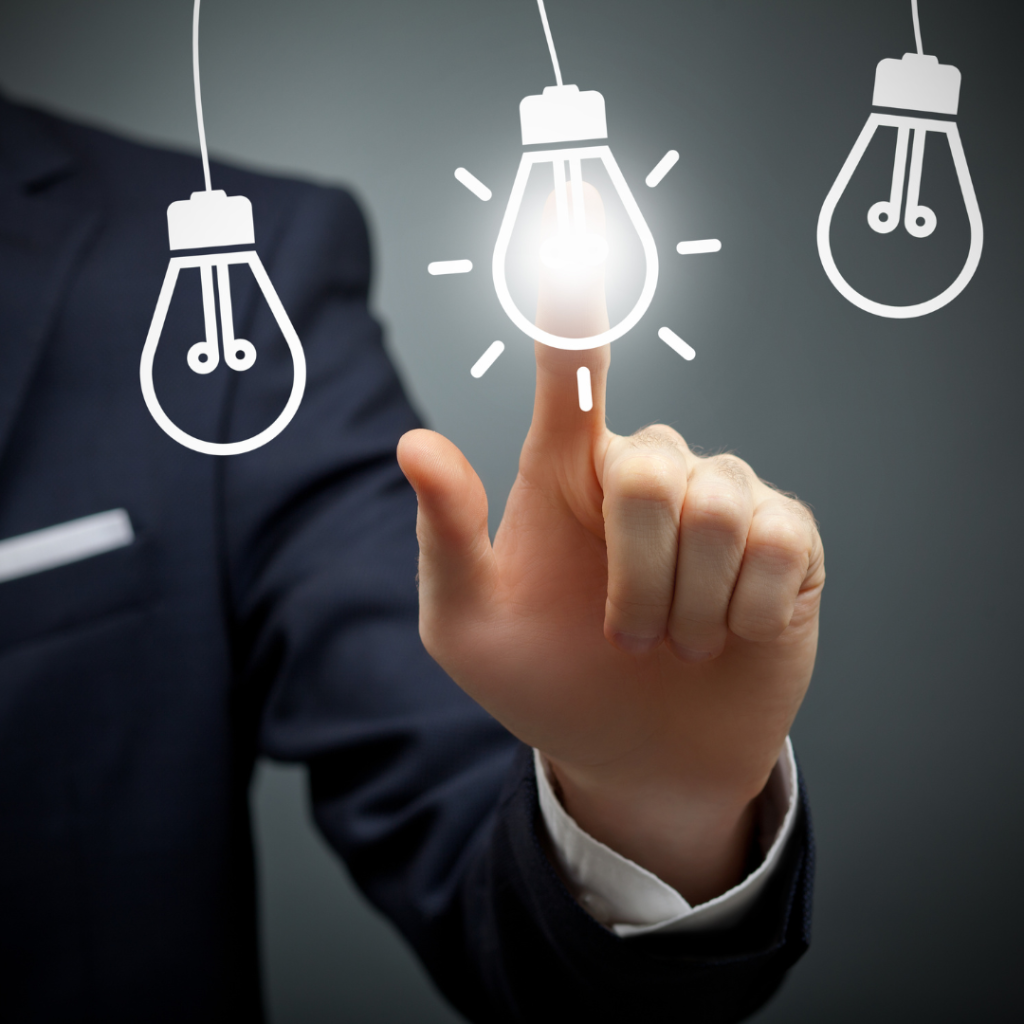In Today’s tech world, IoT is becoming more and more popular. IoT finds its applications in smart automation systems, cities with smart traffic management, advanced healthcare systems, and more. Artificial Intelligence and Machine learning are two technologies that can automate complex processes without human input. AI can make human-like decisions. For example, Artificial intelligence can make quick decisions from a vast amount of data generated by IoT devices. This will make industries work more efficiently.
In this blog, we’ll uncover the workings of Iot and how AI and machine learning are making devices smarter and efficient. We’ll also see various future trends In IoT devices with advanced algorithms. Join us to understand these exciting advancements and see what the future holds!
What Is Iot? And How Does It Work?
IoT is a system of interrelated things, vehicles, and appliances embedded with sensors, and software. This combination enables them to collect and exchange data. In some applications, the network is wired but in most of the applications, the network communicates over the wireless communication channel.
In an IoT network, there are four main components. They are sensors, cloud or edge servers, software with the stored programming language, and an IoT interface through which the entire IoT network can be controlled. The data collected by sensors is transmitted to the edge computing device. At the remote terminal data analysis is performed on the data sent by sensors with the help of various programming algorithms.
What Is Artificial Intelligence (AI) And Machine Learning?
Artificial intelligence (AI) and Machine Learning are two diverse fields in computer science. Artificial intelligence refers to creating a program that can function as human intelligence. It involves algorithms that can reason, learn, and make decisions based on input large amounts of data.
Machine learning is a sub-branch of artificial intelligence. It is used for data classification, recognizing patterns, and more. Machine learning involves teaching machines to learn from data, and various algorithms are used to make predictions and decisions.

Importance Of Artificial Intelligence (AI) And Machine Learning In IoT Development
- Smart Home Automation: AI enables IoT devices to perform complex tasks independently. Various programming algorithms are used to make smart home automation systems. AI and ML enable to control of Fans, lights, TVs, and ACs according to the user’s preferences.
- Data Processing and Analysis: With the vast amount of data generated by IoT devices, ML algorithms stand out in their ability to process and analyze data with unparalleled efficiency and accuracy, surpassing other methods.
- Environmental Observation: Machine learning can be used in agriculture to automate tasks without human intervention. The data from the sensors in the agriculture field can be used to estimate various factors. Machine Learning algorithms can measure and predict temperature, humidity, water level, etc.
- Condition-Based Maintenance: Various Machine Learning algorithms are used to predict breakdowns, short circuits, malfunctions, etc., in industries based on the data received by the sensors. This makes ML and IoT devices more valuable to the industries.
- Intelligent Transportation: AI and Machine Learning play an important role in transportation systems. Sensors collect input data from the vehicle, such as fuel, vehicle speed, engine performance, etc., and the gathered data is sent to the other end. Mathematical algorithms are used at the cloud end to predict various future values of the vehicle.
Future Trends In Artificial Intelligence And Machine Learning for IoT
- Self-operative Robots: In industrial and consumer markets, Self-operative robots equipped with IoT sensors and powered by AI will perform tasks more independently, such as inventory management.
- Smart Cities: AI and IoT will enhance the functionality of smart cities, managing everything from traffic and waste management to public safety and environmental monitoring.
- Enhanced Personalization: IoT devices will be able to provide a previously unprecedented degree of customization in services and goods because of AI. Future smart home appliances, for example, will be able to recognize each family member’s preferences for TV channel, light, and AC temperature settings.
- Smart Cities: AI and ML are poised to play a pivotal role in smart city initiatives, where IoT devices will optimize everything from traffic management to energy consumption and waste disposal. This promising future of urban living is within our reach.
Conclusion
The evolution of the Internet of Things heavily relies on Artificial intelligence and Machine Learning. Every day, advances in both Artificial intelligence and ML domains are transforming the way Internet of Things devices function. Smartwatches, home helpers, and industrial machinery can all benefit from these technologies, which let them learn from their environment and make decisions that are more intelligent than those made by humans. This field will grow quickly in the future and include cutting-edge features. We’ll see that industries like home automation, healthcare, and transportation systems will fundamentally alter how they operate now.



